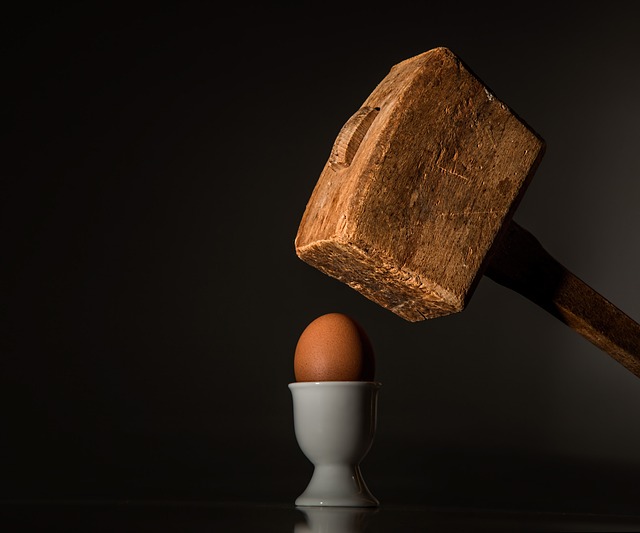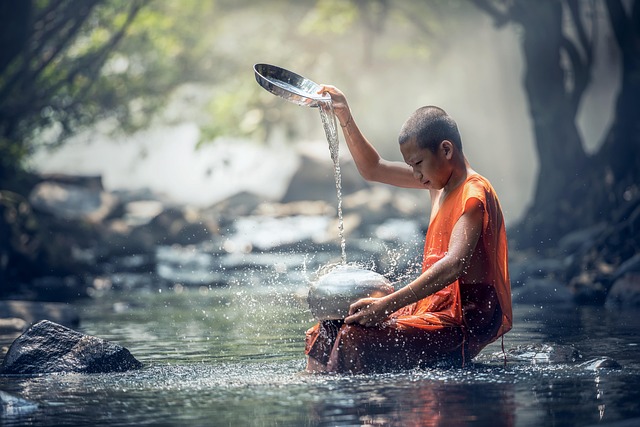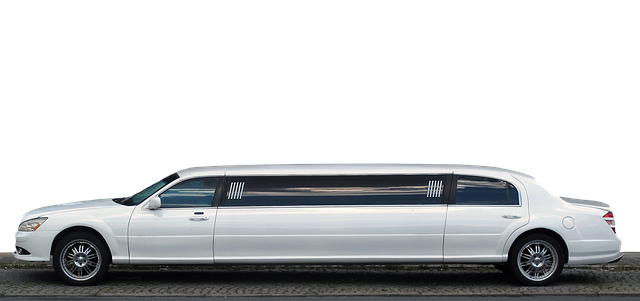Rap music culture is renowned for its vibrant expression and powerful storytelling, but beneath the surface lies a complex landscape of conflict. Whether it’s through rivalries, lyrical battles, or personal struggles articulated in verses, conflict becomes a prominent theme that resonates with both artists and listeners alike.
At the heart of rap is the music itself—an amalgamation of various musical genres that often reflects the tumultuous experiences of life. From the gritty streets of the Bronx to the glitzy stages of major music festivals, rap serves as a vessel for artists to channel their conflicts. Through beats and rhymes, they navigate issues like poverty, violence, and social injustice, creating a narrative that feels both personal and universal.
As the genre has evolved, so too has its relationship with conflict. Historically, the battle rap scene exemplifies this tension, where MCs go head-to-head in lyrical duels. These contests are not merely about showcasing talent; they embody the emotional weight of competition. The energy of a rap battle brings together fans in intense environments, akin to a party, where the thrill of competition electrifies the atmosphere. The crowd’s reactions to clever wordplay and sharp insults swirl into a palpable energy that unites listeners, all while grappling with the underlying conflicts being expressed.
Moreover, the impact of conflict extends beyond individual battles. It influences the broader music culture and sparks conversations about societal issues. Artists like Tupac and Biggie used their platforms to discuss not only personal challenges but also systemic problems affecting marginalized communities. Their conflicts became reflective of larger societal struggles, drawing attention to issues like racial discrimination and economic disparity. This dynamic interplay between personal and political conflict is a driving force in rap, making it a powerful medium for social commentary.
However, it’s essential to recognize that the conflict inherent in rap is not solely destructive; it also fosters connection and solidarity among fans. When artists share their struggles, listeners can find solace in knowing they are not alone in their own battles. This commonality transforms what might start as a narrative about hardship into a celebration of resilience, turning concerts and parties into communal experiences where everyone’s voice can be heard.
In essence, the conflict within rap music culture serves as both a catalyst for creativity and a mirror to society. It invites us to confront our own challenges and promotes discussions that extend far beyond the rhythm and rhyme. As we explore the dualities of harmony and discord, we find that the very essence of rap, much like life, is a complex tapestry woven from triumphs and tribulations, ultimately reflecting the diverse spectrum of human experience.




